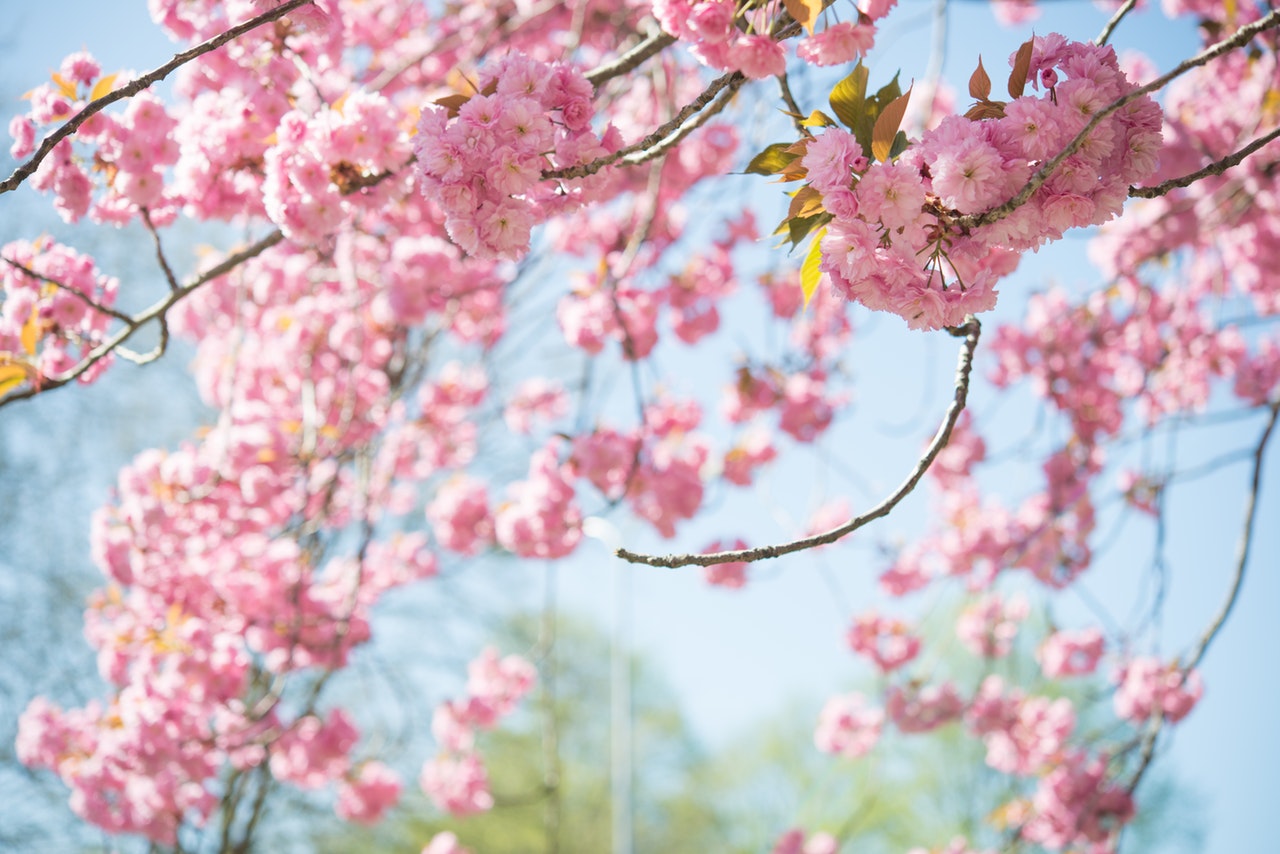Do you ever feel that you’re on a roller coaster ride that never ends? Do you have aches and pains almost daily? How many nights a week do you stare at the clock waiting for sleep to arrive? Are medications ruling your life? When was the last time you actually felt at peace? If any of these questions resonate with you, it might be time to look to Traditional Chinese Medicine for answers. Acupuncture is one modality of Traditional Chinese Medicine, and people throughout Asia have known the magnificence of acupuncture for thousands of years. Over the last several years, Traditional Chinese Medicine has been growing in popularity worldwide.
Here are six reasons why you might want to consider using it too.
MANAGE YOUR PAIN
Pain is the number one reason why people turn to acupuncture, and for good reason. If you’ve tried everything else and have found little to no relief, acupuncture may be right for you. But remember, chronic pain took time to develop and it will also take time for acupuncture treatments to work. Many people get some relief immediately, but acupuncture works on a cumulative basis, so commitment to the process and adhering to your suggested treatment regime, is a must.

GET SOME REST
Acupuncture can address imbalances in your body that may contribute to your inability to get a good night’s sleep. It’s been shown that acupuncture can actually encourage the brain to produce the chemicals that help you relax and sleep better. If you have difficulty falling asleep, wake up frequently or you toss and turn a lot, acupuncture might just be the missing link. In fact, many people report falling asleep while receiving acupuncture treatments and say they sleep like babies after their treatments.
ALLEVIATE YOUR ALLERGIES
Seasonal or otherwise, allergies can be debilitating. Multiple studies have shown allergy symptoms can be decreased and sometimes even eliminated with the use of regular acupuncture treatments. Acupuncture can dramatically lessen allergic reactions, and in some cases help overcome what caused the symptoms in the first place. This safe and effective medicine can help most people reduce or eliminate dependence on allergy medication.
MANAGE YOUR MENSTRUATION
Many women suffer monthly from menstruation problems. It can be that her period is irregular, painful or so heavy that it leads to anemia and fatigue. There can also be mental health issues associated with periods, such as depression, anger and irritability. Most over-the-counter medications simply mask symptoms. But to treat the root of the problem, give acupuncture a try. Acupuncture works to balance your body’s systems to regulate menstrual problems and alleviate nagging symptoms that plague women monthly.
ADDRESS YOUR ANXIETY, STRESS, OR DEPRESSION
Thousands of people in the U.S. suffer from stress, depression and anxiety. While there are many amazing therapists available to talk to, talk therapy may not be enough. Another common route is the use of prescription medications. But those are accompanied with unwanted side effects. This is where acupuncture and Chinese herbal formulas can help. Acupuncture can actually start to relieve symptoms of depression, stress and anxiety in a few treatments without harsh side effects, and is drug-free and safe. With mental health issues looming as a larger problem, it makes sense to try a natural alternative first.
TRY PREVENTIVE MEDICINE
Did you know that acupuncture’s main function is to help keep you healthy? Acupuncture is not always known as a method of preventive care, but it should be.
Waiting until there is an injury or illness will only cause the treatments to take longer to be effective. Using acupuncture preemptively will help you fight off illness and let you recover more quickly.
These 6 reasons are enough to give acupuncture a try. It is 100% safe, natural, drug-free and effective.
GIVE US A CALL TODAY!




